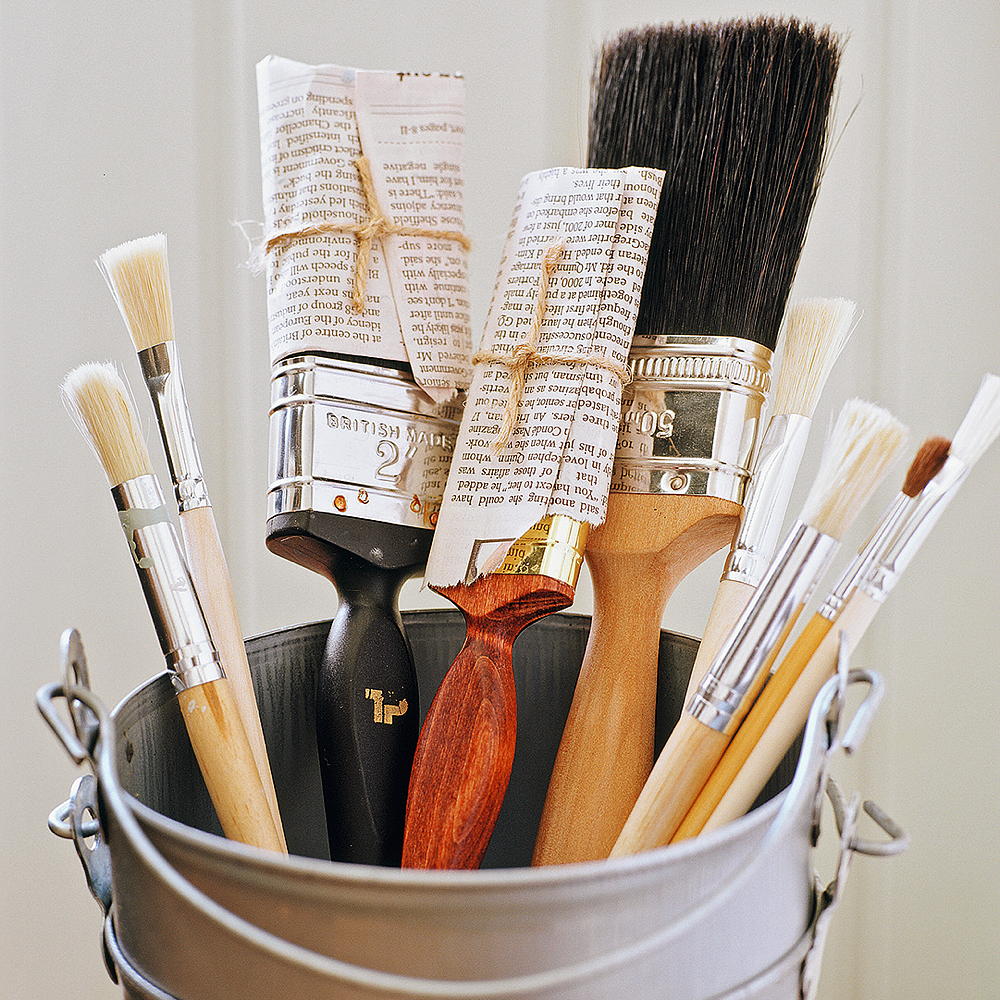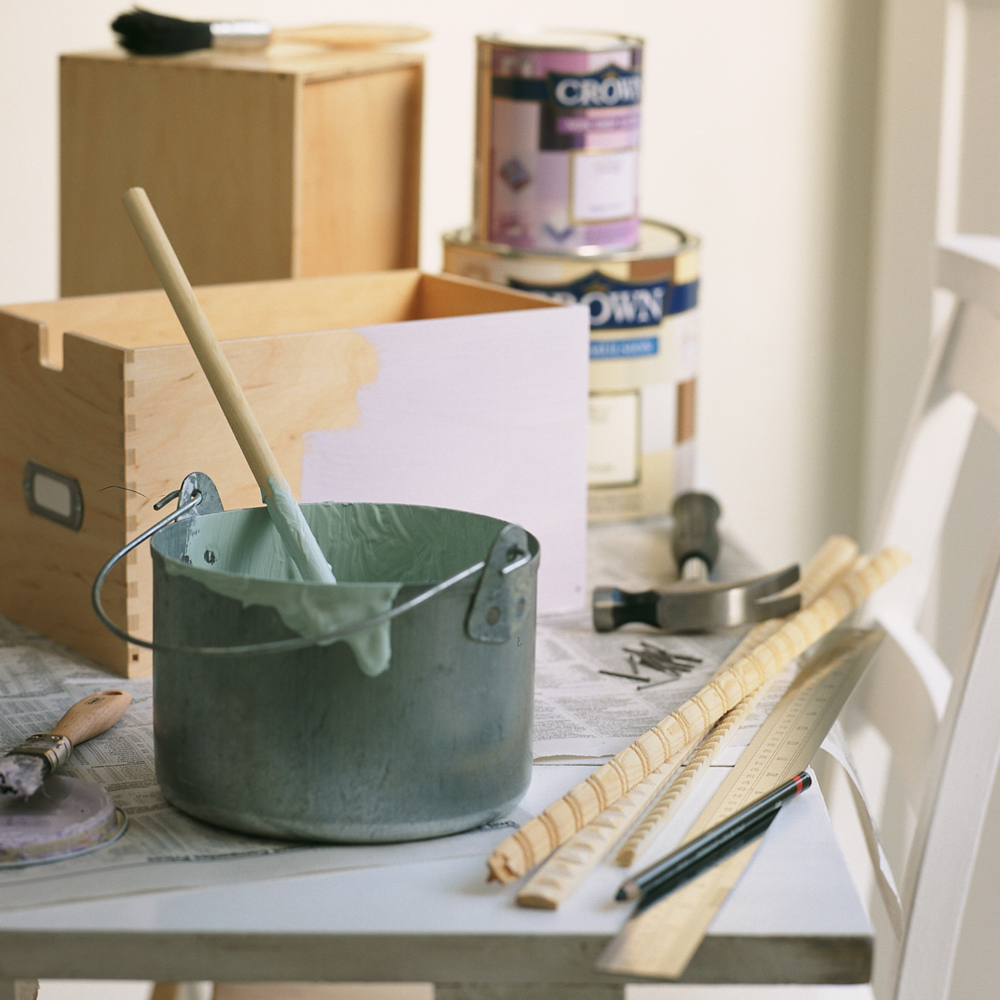Household DIY waste charges to be scrapped under new government rules
New proposals plan to make it free to dispose of DIY waste

The long Easter weekend is the perfect time to get stuck into a DIY project. If that sounds like you, then you'll be delighted to hear that plans announced this week will make it easier and cheaper for households to dispose of DIY waste.
At the moment, many local waste and recycling centres charge to take items that have been leftover from DIY and decorating projects, such as plasterboards and bath units. However, plans set out by the government will mean household DIYers will not be charged to get rid of waste products.
DIY waste charges to be scrapped
The decision is part of the government's aim to crack down on fly-tipping, a problem that spiralled during the pandemic. In 2015 the Government banned backdoor charges on local residents disposing of household rubbish at household centres - this included DIY household waste. However, a loophole meant for construction waste has meant a third of Local Authorities have been charging for DIY waste.

It is this rule that a technical consultation that was published this week aims to change. The new changes could save households £10 per individual items, such as a sheet of plasterboard.
'Spring often feels like a good time to pick up tools and refresh our homes and gardens. DIY projects, building some raised beds in the garden or re-tiling a bathroom will look great, but they are not without their mess,' says Environment Minister Jo Churchill.
'It’s really important that any leftover materials – if they cannot be reused or repurposed – are disposed of correctly so that they don’t cause unnecessary or unsightly damage to our environment.'

'Being able to do this free of charge at a local recycling centre and without having to book a time slot to do it, would mean fewer people are tempted to put DIY waste directly into their bin, or - even worse - fly-tip their rubbish.'
Get the Ideal Home Newsletter
Sign up to our newsletter for style and decor inspiration, house makeovers, project advice and more.
Fly-tipping is a crime that costs up to £392 million a year. Last year 1.13 million fly-tipping incidents were reported, this was up by 16 per cent from the year before.
In addition to the new measures to make it easier for DIYers to dispose of rubbish, a call for evidence on the use of booking systems at recycling centres was launched this week – some of which were brought in when restrictions were imposed during the pandemic – amid concerns these could be making it harder for people to dispose of their waste.

Rebecca Knight has been the Deputy Editor on the Ideal Home Website since 2022. She graduated with a Masters degree in magazine journalism from City, University of London in 2018, before starting her journalism career as a staff writer on women's weekly magazines. She fell into the world of homes and interiors after joining the Ideal Home website team in 2019 as a Digital Writer. In 2020 she moved into position of Homes News Editor working across Homes & Gardens, LivingEtc, Real Homes, Gardeningetc and Ideal Home covering everything from the latest viral cleaning hack to the next big interior trend.
-
 Will a conservatory add value to your home and how can you maximise it?
Will a conservatory add value to your home and how can you maximise it?This is what the pros say
By Amy Reeves
-
 I’ve been looking for a new signature scent for my home and The White Company's new fragrance is the exact summer holiday smell I needed
I’ve been looking for a new signature scent for my home and The White Company's new fragrance is the exact summer holiday smell I neededSantorini smells fresh, summery and sophisticated
By Kezia Reynolds
-
 How to remove algae from garden walls in five steps – and the cleaning product experts rave about for tackling it fast
How to remove algae from garden walls in five steps – and the cleaning product experts rave about for tackling it fastExperts share their top tips for getting garden walls algae-free
By Katie Sims